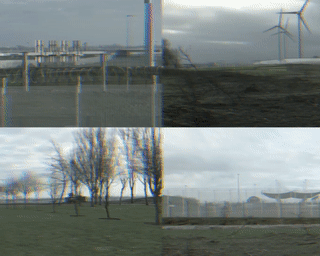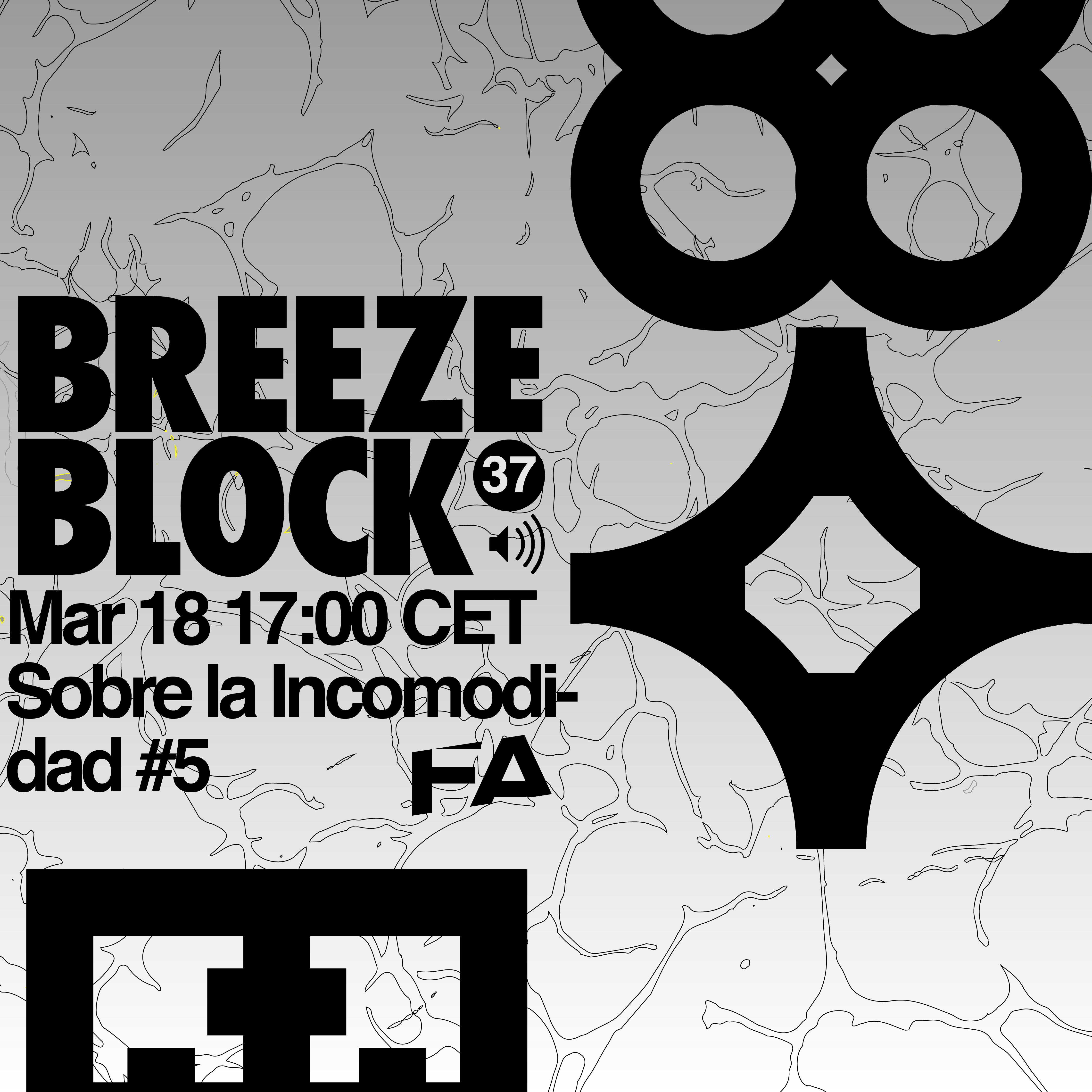We tend to think of architects as professionals rather than workers. Architects design, create, delegate, follow a special calling, but they’re not often seen as “working for a living”, and they’re certainly not much like the workers who actually construct or extract the resources for the buildings they design. And yet, architectural work in the twenty first century has become ever more precarious. As with other white collar workers, architects are becoming increasingly accustomed to short-term contracts, overtime without pay and other traditional hallmarks of exploited labour.
In light of this new reality, for this episode we’ll be talking to architectural workers from the UK, the USA, and Brazil, about the role a labour union could play in the contemporary architectural profession. We’ll discuss the difficulties, limits and challenges of organizing architectural workers and speculate as to why architects have, until recently, been relatively absent from the history of the labour movement. We’ll also consider how unionisation could give ordinary architectural workers greater control over the buildings and spaces they design as well as over the wider spatial production sector.
– Keefer Dunn is an architect based in Chicago and a national organiser for the Architecture Lobby
– Fernanda Simon Cardoso is an architect based in São Paulo and a former Director for the FNA (Federação Nacional dos Arquitetos e Urbanistas)
– Sam and Alex are architectural workers based in the UK and organisers for Workers Inquiry: Architecture
This episode was directed by Charlie Clemoes/Jake Soule/the Failed Architecture team.

For Breezeblock #38, editors María Victoria Londoño-Becerra, Juana Salcedo, and María Mazzanti discuss with Sidra Kamran questions on public space, domestic space, and workspaces...

The area around Calais, a town in northern France, has for many years been a major transit point for refugees on their way to...

Para el Breezeblock #37, las editoras María Victoria Londoño-Becerra, Juana Salcedo y María Mazzanti hablan con el artista colombiano Iván Argote sobre como su...